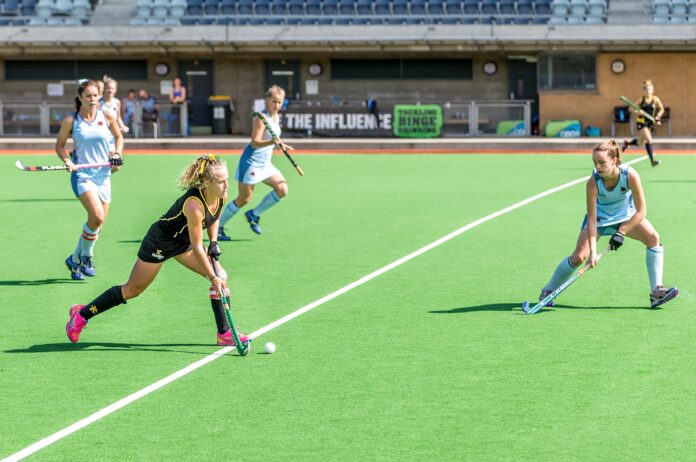
Whatever your age, nothing is more fun than charging around after a ball, or an opponent on another team and feeling the rush that comes with playing a team sport. Whether you gave it a go in high school or college, or always felt it wasn’t for you, trying out a team sport can have amazing benefits, including a greater sense of well-being as you bond with your teammates on and off the field. Here are three key team sports to try.
Netball
Netball is a fast-paced, active sport, in which most players have key roles assigned to them by the position they play. Once you’ve got the hang of each position and the rules that come with it, this game is definitely a contender for bagging the top spot of “most fun”. Clocking in at 60 minutes for each game, your cardio fitness will rapidly improve as you play this sport, and because the players are so reliant on one another to get the ball across the court, you are bound to make some fast friends pretty quickly.
Field Hockey
Make sure you come equipped with mouth and shin guards, hockey is not a game for the faint-hearted. With lightning speed, players maneuver the ball across the pitch, with the aim of hitting it into the opponent’s net. Take your time to test out some key skills, such as dribbling and passing, as without these a hockey game won’t last very long. As with many sports, communication between players is key, and many hockey teams allow plenty of time for off-pitch bonding so that players know each and trust other.
Doubles Tennis
Although not technically a team sport, playing as a double against another pair is a test of your and your partner’s ability to stay calm, communicate and think fast. Perhaps best played with someone you know fairly well (to avoid any mishaps or falling out!), when the game really gets going you can almost start to feel like you’re reading your partner’s mind as you work in tandem to defeat the opposing pair. Take time to practice your serves and rallies, outside of a competitive context, so you and your partner understand one another’s playing styles, your strengths, and your weaknesses.


